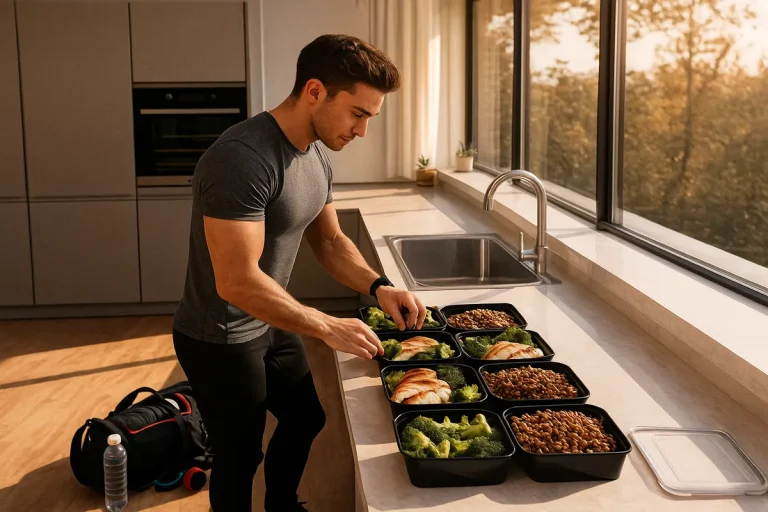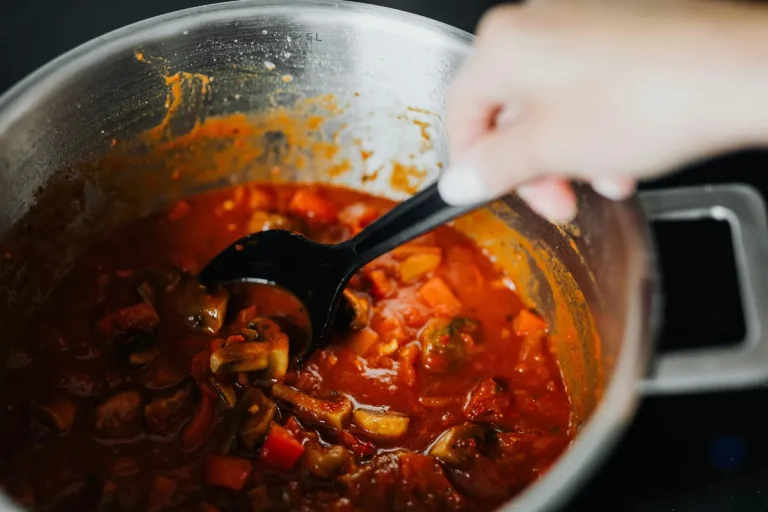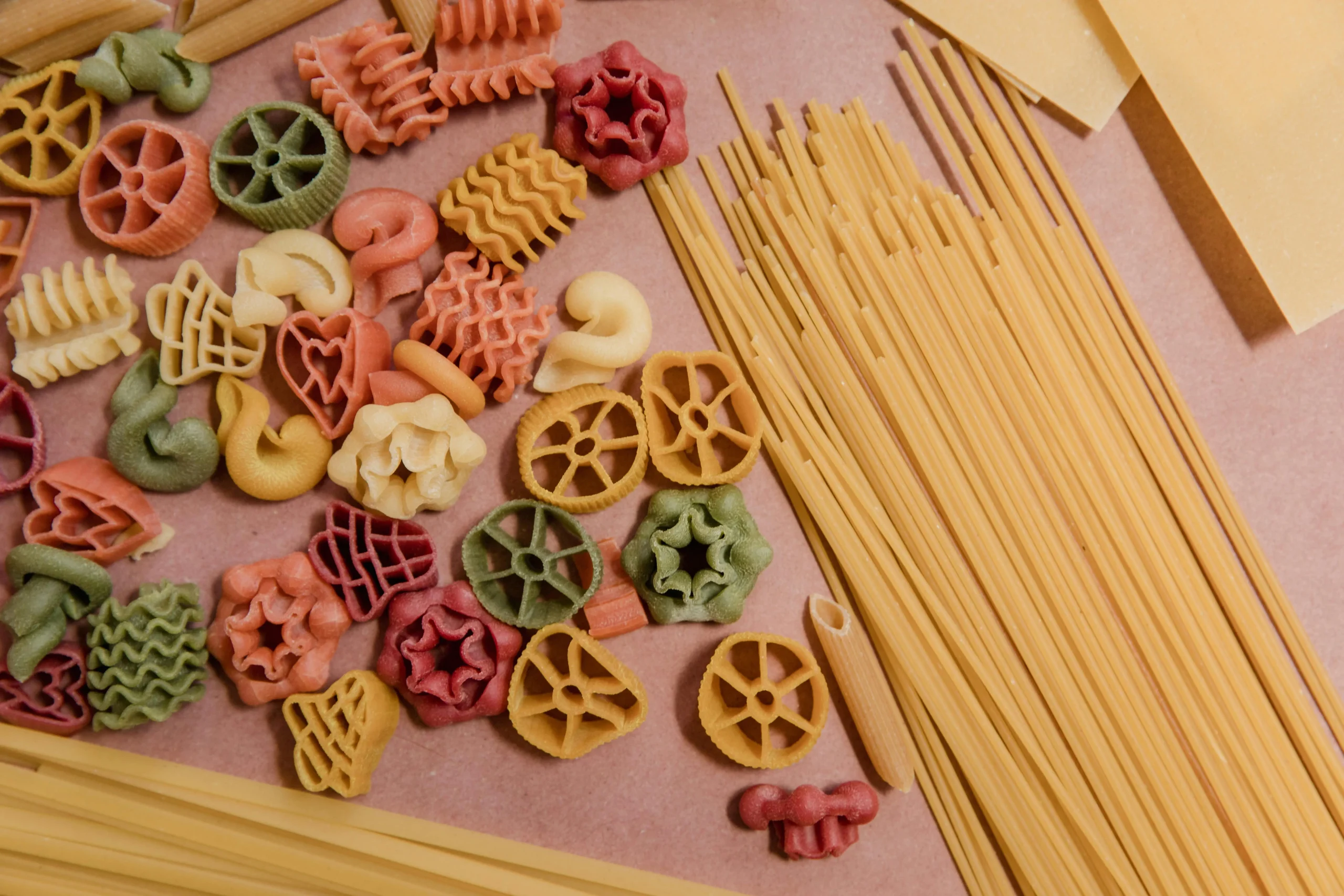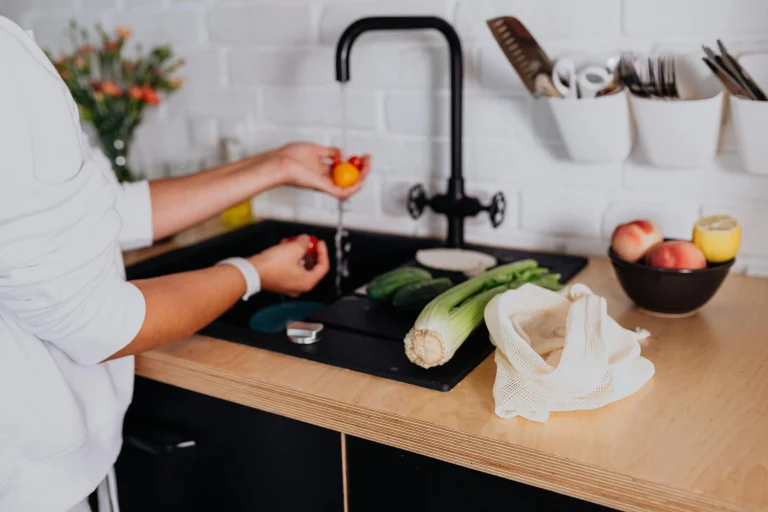Eating well doesn’t have to mean spending more. With the right approach, meal prepping can help you stay on track with your fitness goals while keeping grocery costs low. Whether you’re training regularly or just trying to eat cleaner, budget-friendly meal prep is all about planning, simplicity, and smart shopping.
Here’s how to prep nutritious meals without overspending and still enjoy variety, flavour, and performance support.
Why Budget Meal Prep Works for Active Lifestyles
Meal prepping on a budget isn’t just about saving money it’s about creating consistency. When meals are planned and prepped ahead, you’re less likely to skip meals, rely on takeout, or overspend on impulse buys.
Benefits include:
- Reduced food waste and grocery bills
- Better portion control and macro tracking
- More time for training and recovery
- Less stress around daily meal decisions
- Improved energy and digestion from whole-food ingredients
Budget meal prep also helps you prioritise nutrient density over convenience, which supports long-term health and performance.
By signing up, you agree to receive emails from RealFit Wellness. You can unsubscribe anytime. See our Privacy Policy.
Your Weekly Wellness Boost
Smart Shopping Strategies for Affordable Nutrition
The foundation of budget meal prep is smart shopping. Here’s how to stretch your grocery budget without compromising quality:
- Buy in bulk: Grains, legumes, oats, and frozen vegetables are cheaper in larger quantities
- Shop seasonal produce: Local, in-season fruits and vegetables cost less and taste better
- Use discount stores and markets: Explore budget-friendly retailers and ethnic markets for staples
- Choose store brands: Generic items often match name-brand quality at a lower price
- Plan meals around sales: Base your weekly menu on discounted proteins or produce
- Avoid pre-cut or pre-packaged items: Whole ingredients are more affordable and versatile
Stick to a grocery list and avoid shopping when hungry impulse purchases add up quickly.
Budget-Friendly Ingredients That Pack a Nutritional Punch
You don’t need expensive superfoods to eat well. These affordable staples offer excellent nutrition and versatility:
Proteins:
- Eggs
- Canned tuna or salmon
- Lentils and chickpeas
- Tofu and tempeh
- Chicken thighs or ground turkey
Carbohydrates:
- Brown rice
- Quinoa (buy in bulk)
- Sweet potatoes
- Whole wheat pasta
- Rolled oats
Vegetables:
- Frozen spinach, broccoli, and mixed veg
- Carrots, cabbage, and onions
- Canned tomatoes
- Seasonal greens
Healthy fats:
- Olive oil
- Peanut butter
- Sunflower seeds
- Avocados (when in season)
These ingredients can be mixed and matched into stir-fries, soups, grain bowls, and casseroles—all ideal for batch cooking.
Time-Saving Prep Tips That Don’t Cost Extra
Meal prep doesn’t have to be complicated. With a few simple strategies, you can prep a week’s worth of meals in under two hours.
- Cook in batches: Prepare large portions of grains, proteins, and roasted vegetables
- Use one-pot recipes: Minimise cleanup and maximise flavour
- Freeze leftovers: Store extra portions for future meals
- Repurpose ingredients: Use roasted chicken in wraps, salads, and stir-fries
- Label containers: Keep track of meals and avoid waste
- Stick to 2–3 core recipes per week: Rotate sauces and spices for variety
Invest in reusable containers and a slow cooker or rice cooker if possible they save time and energy long-term.






